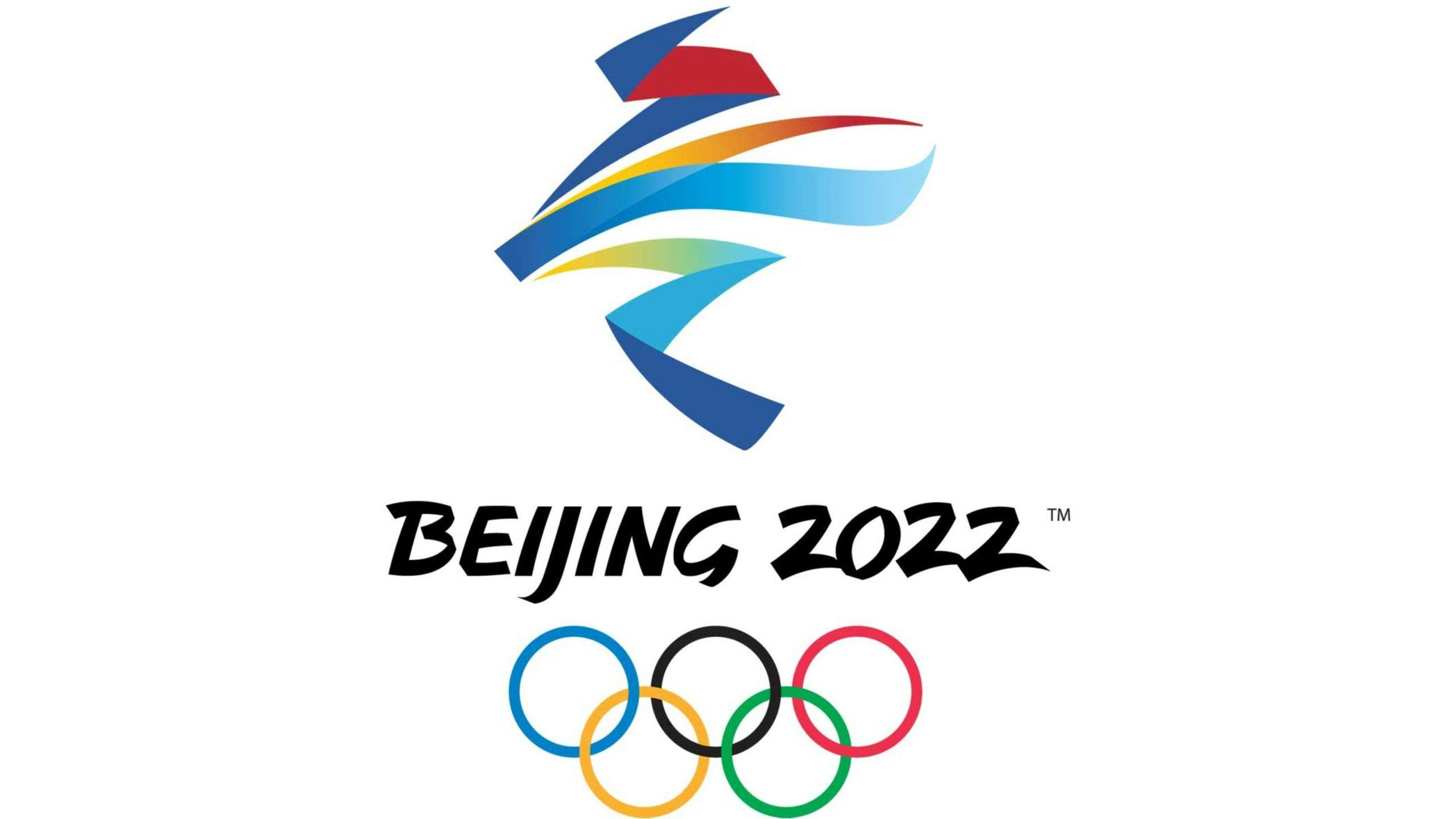SERAVALLI: How the NHL reserved the right to back out of Beijing

By Frank Seravalli
CHICAGO — All of the excitement surrounding the NHL’s return to the Winter Olympics this February for the first time in eight years has been tempered by the COVID-19 caveat.
“I’m super pumped, but it’s still like a long ways out,” said Philipp Grubauer, when asked about the opportunity to defend Germany’s silver medal from 2018. “You never know what’s going to happen with COVID.”
“It seems like if we’re going to the Olympics,” American-born superstar Patrick Kane said.
That’s just the world we’re living in right now. Everything is fluid. That’s true on paper, too.
When the NHL announced a joint agreement with the NHL Players’ Association and the International Ice Hockey Federation on Sept. 3 that the league will be pausing for three weeks to send players to Beijing for the first best-on-best competition since the 2016 World Cup of Hockey, the language at the end of the press release stated:
“The Agreement allows for the possibility of a later decision to withdraw in the event evolving Covid conditions are deemed by the NHL/NHLPA to render participation by NHL Players to be impractical or unsafe.”
So, what exactly is the threshold that would allow the NHL to pull out of Beijing?
NHL deputy commissioner Bill Daly told Daily Faceoff on Thursday that a “material disruption to our season” would trigger that ability to withdraw.
In layman’s terms, according to Daly: “So if we have to either cancel games or if we have to postpone and reschedule games outside our normal window, that would mean we will not participate in the Olympics. I think our priority has to be completing our 82-game season in the normal course, and not necessarily the Olympics. I think the Players’ Association recognizes that. So there is that trigger.”
Does that mean … just one game postponed or rescheduled due to COVID-19 protocol would be enough to back out of Beijing?
The answer is: “Yes, it is one game that triggers the ability to do anything,” Daly said.
Clearly, the NHLPA would be more than disappointed if that is the path the NHL chose to take in the run up to February. Participating in the Olympics was one of the players’ top priorities heading into the last Collective Bargaining Agreement negotiations – and the NHL routinely postpones a couple games per season due to inclement weather and travel concerns.
So yes, it would likely take a lot more than a singular postponement to have the NHL ready to push the abort button on Beijing. But the reality is that with the regular season starting a couple weeks later than normal, plus the three-week Olympic break, the schedule is already compressed and there isn’t the wiggle room built in to reschedule weeks’ worth of games – not like there was last season.
The NHL expects to do its best, in good faith, to get the players to China. Common sense should prevail. Timing will also play a part. A massive COVID-19 outbreak in the beginning of the season might keep it on the rails. But a multi-team spike in the days and weeks leading up the Olympic tournament could mean a different story.
“We want to be aligned in whatever decisions we make. I think we will be,” Daly said. “I think you’re going to know if there’s a reason not to participate – either health and safety or any other reason – that it really doesn’t make sense for us to participate. Other than a disruption to the schedule, which is a unilateral thing that we have the ability to do, we’re going to do everything jointly in terms of decision making with the Players’ Association.”